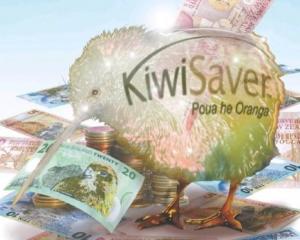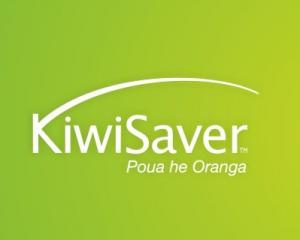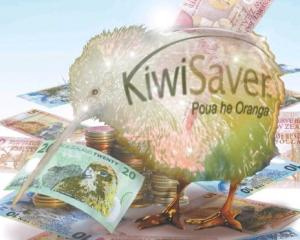
More than 1.7 million New Zealanders belong to KiwiSaver but nearly half of the $8 billion in KiwiSaver accounts has come from government contributions.
The annual member tax credit, the $1043 annual government subsidy for savers, is the most likely element of the scheme to be targeted in the Budget and the Government signalled last week that contributors and their employers would make up the shortfall.
Mr Truman yesterday said the Government might signal that KiwiSaver membership was to be mandatory for all employees.
"With a relatively high participation rate already, reduced government contributions - other than the $1000 account opening credit - and greater requirements on employers to contribute, there is little down side for the Government."
It was possible the Government could seek to tax employer KiwiSaver contributions, he said. Generally, those could currently be made without any withholding tax.
Employer contributions to other superannuation schemes were generally subject to employer superannuation contribution tax, based on employees' marginal tax rates, Mr Truman said.
The Government had also signalled changes to the student loan scheme would be announced in the Budget.
One rumour was that KiwiSaver contributions might be able to be transferred to pay student loans, which would benefit the Government through transferring cash to it, he said.
Longer term, the economic cost to the Government was having former students with lower retirement savings.
"The big question is whether the Government is prepared to look to abolish the interest write-off on student loans for borrowers who stay in New Zealand."
The Government would move to tighten up eligibility to borrow student loans, such as restricting students aged 55 and over, Mr Truman said.
There had also been suggestions that ACC levies could be reduced for next year due to an improvement in ACC's finances.
"We can expect to see further refinements to how family income is determined for Working for Families purposes. These will be a continuation of measures to identify the true level of family income through taking into account income earned through trusts and controlled companies."
Also, the upper limit for eligibility for Working for Families was likely to lowered, he said.
Westpac chief economist Dominick Stephens said the Government intended to gradually reduce the Working for Families transfers during the next decade, in particular for those families at the higher end of the eligible income range.
The Government had said most families would see the level of their payments rise during the transition period.
The combination suggested some reduction in the inflation indexing of payments, which might be done through gradually lowering the income level at which major abatements set in, he said.
Mr Truman said businesses were likely to face increasing costs in the Budget.
Many businesses were looking to the Government to encourage economic activity.
The Government had promoted savings and there had been a general move towards debt reduction - both in the household and business sectors, he said.
"There has been a high level of change over the last year, such as GST rate rises and changes to employment law. Businesses are looking for a bedding-in period where there is less change."
It was hoped that would be the case in the months before the November 26 election, Mr Truman said.






